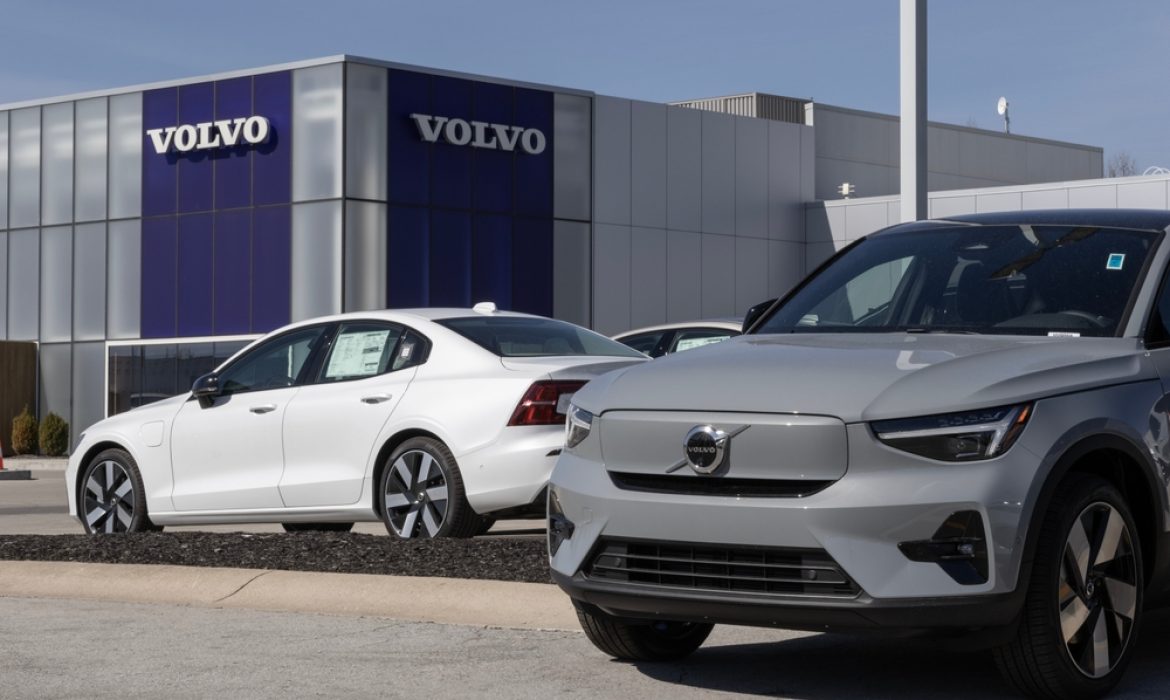Volvo Car AB made a historic move this week as it bid farewell to an era, rolling out its final diesel-powered vehicle, the XC90 SUV, from its Torsland plant in Sweden. This decision marks a pivotal moment for the automaker, which has set its sights on an all-electric future by 2030.
Eric Severinson, Volvo Car’s head of new cars and operational strategy, expressed confidence in the company’s transition away from diesel. “We are confident that even without diesel we have very good offers for customers,” Severinson stated in an interview.
The shift away from diesel comes at a time when global demand for electric vehicles (EVs) is witnessing a slowdown. While Volvo Car remains committed to its electric vision, other automakers have been more tentative in their approach.
Mercedes-Benz Group AG recently revised its sales forecast, signaling a longer-than-anticipated timeline for EV dominance. Similarly, Audi announced cutbacks in its EV lineup late last year.
Volvo Car’s decision to embrace electrification dates back to 2017, when it became the first major automaker to announce plans to move away from fossil fuel-powered vehicles. Since then, the company has introduced hybrid and all-electric models, marking a significant shift in its product lineup.
The XC90, the final bastion of Volvo’s diesel era, has been instrumental in the company’s resurgence since 2014. As Volvo prepares to close this chapter, the last produced XC90 will find its place in the Volvo Museum, set to open next month in Gothenburg. Notably, the XC90 has an electric counterpart, the EX90, symbolizing Volvo’s transition towards greener mobility solutions.
Diesel, once hailed as a cleaner alternative to gasoline, saw its demand plummet following the 2015 emissions scandal involving Volkswagen AG. The revelation shook consumer confidence in diesel technology and accelerated the shift towards electric propulsion.
While Volvo Car remains committed to its electric future, the EV market in Europe faces challenges including subsidy cuts and increased competition from Tesla Inc. and Chinese brands. To navigate these headwinds, Volvo Car is tightening its belt and withdrawing funding from Polestar, an electric car subsidiary under Geely’s umbrella.
Despite these challenges, Severinson remains optimistic about Volvo Car’s future. “We believe our customers see the transition to green mobility as much as we do,” he affirmed. With the XC90 marking the end of an era, Volvo Car sets its sights on a sustainable and electrifying future.
Source: Bloomberg


